South Korea's Trade Commission under the Ministry of Trade, Industry, and Energy (MOTIE) announced at a meeting on Thursday that there was sufficient evidence to show that Chinese steel producers were engaging in dumping, which was harming South Korean producers. The decision followed a four-month preliminary investigation launched after a complaint filed by Hyundai Steel Co. in July 2024.
The Commission stated that the measures would be applied temporarily before a full investigation is completed, with anti-dumping duties ranging from 27.91% to 38.02% being imposed on hot-rolled steel plates imported from China. The final decision is expected to be confirmed within a month, following an evaluation by South Korea’s Ministry of Economy and Finance.
New Investigations into Imports from China and Japan
The South Korean government is also scrutinizing hot-rolled steel imports from China and Japan. Officials noted that these products were being sold at prices 10-15% lower than locally produced Korean products, disrupting the market balance. In July 2024, Hyundai Steel requested a government investigation, alleging that hot-rolled steel products imported from China and Japan were being dumped.
According to industry sources, China’s exports of thick steel plates to South Korea increased from 320,000 tons in 2021 to 1.17 million tons in 2024. In contrast, domestic steel plate sales in South Korea decreased by 4.7% in 2024, dropping to 3.23 million tons.
Trade Tensions Rise
South Korea’s protective measures against China could further strain the trade relationship between the two countries. Analysts suggest that China may retaliate by imposing restrictions on certain imports from South Korea. This situation could escalate into a broader trade dispute, not limited to the steel sector.
Meanwhile, hot-rolled steel plates are a significant cost component in industries such as shipbuilding, and South Korean manufacturers are reliant on imports to source cheaper steel from China. However, the government’s new measures aim to promote domestic production and enhance competitiveness in the sector.


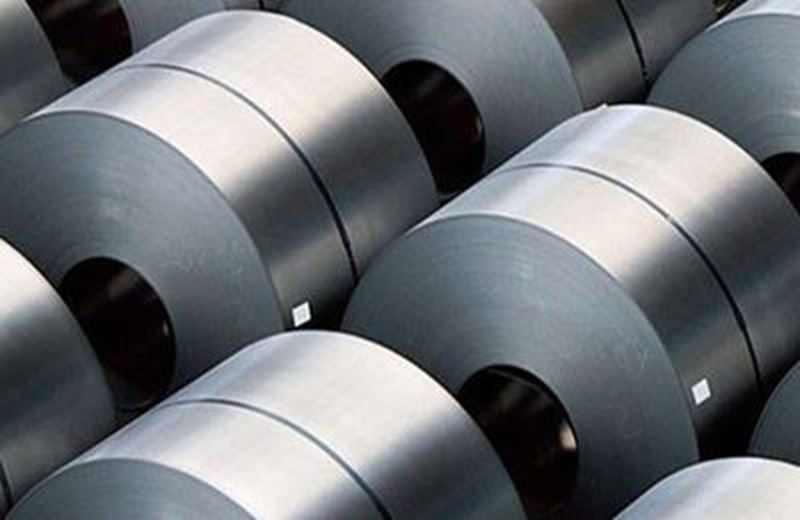
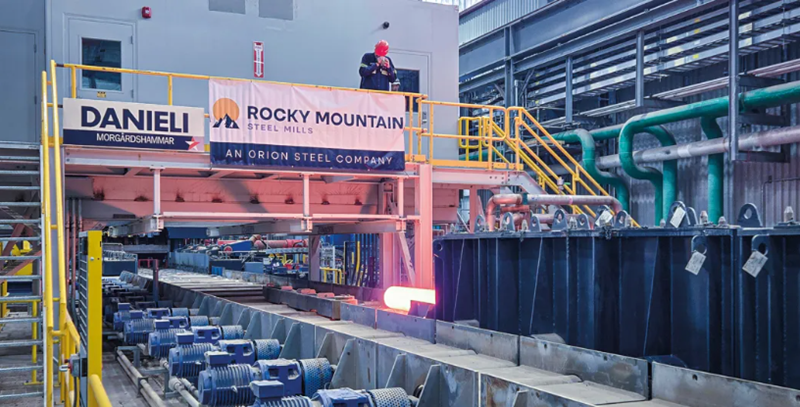

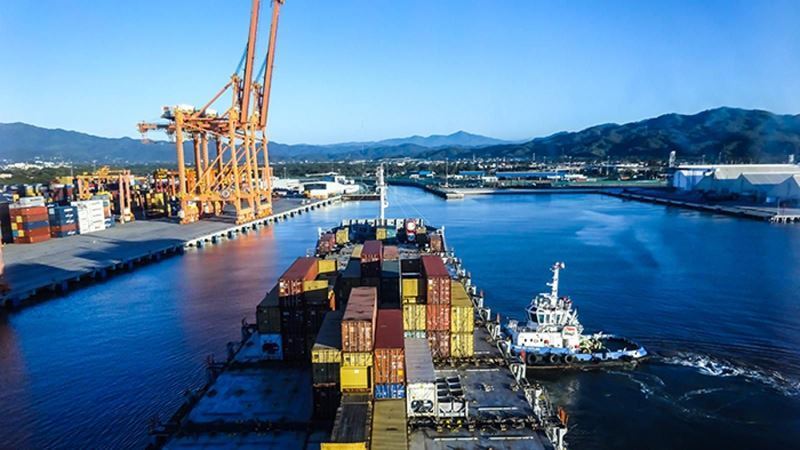
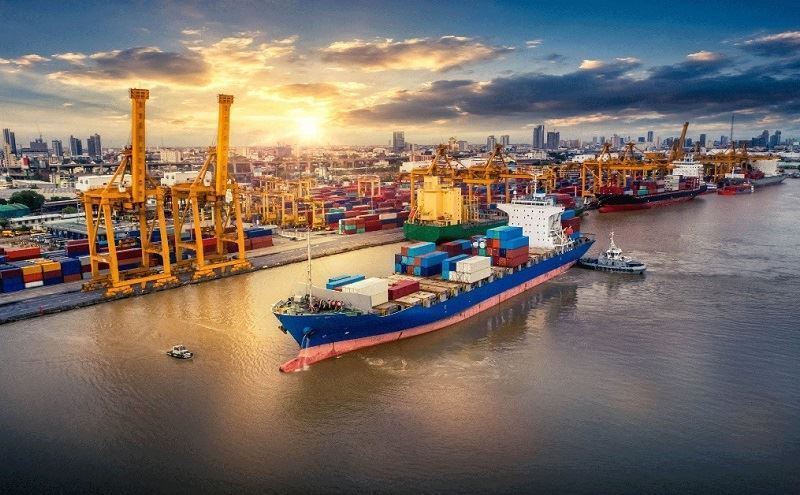
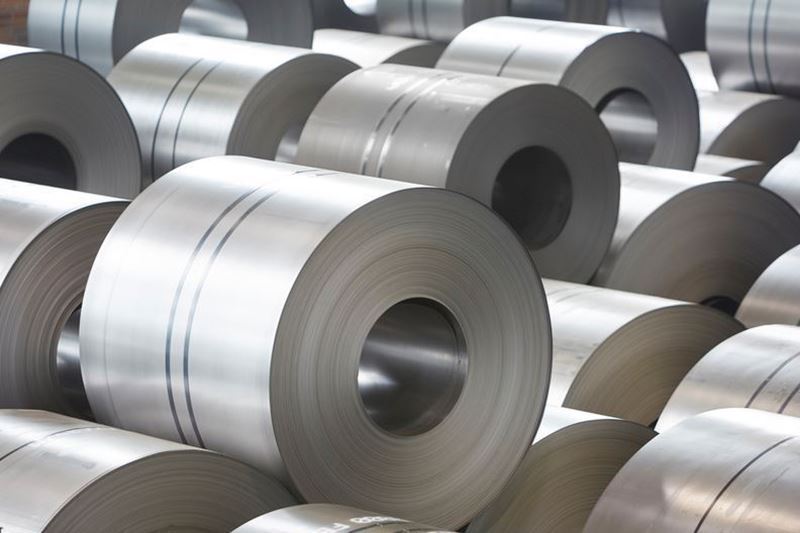

Comments
No comment yet.